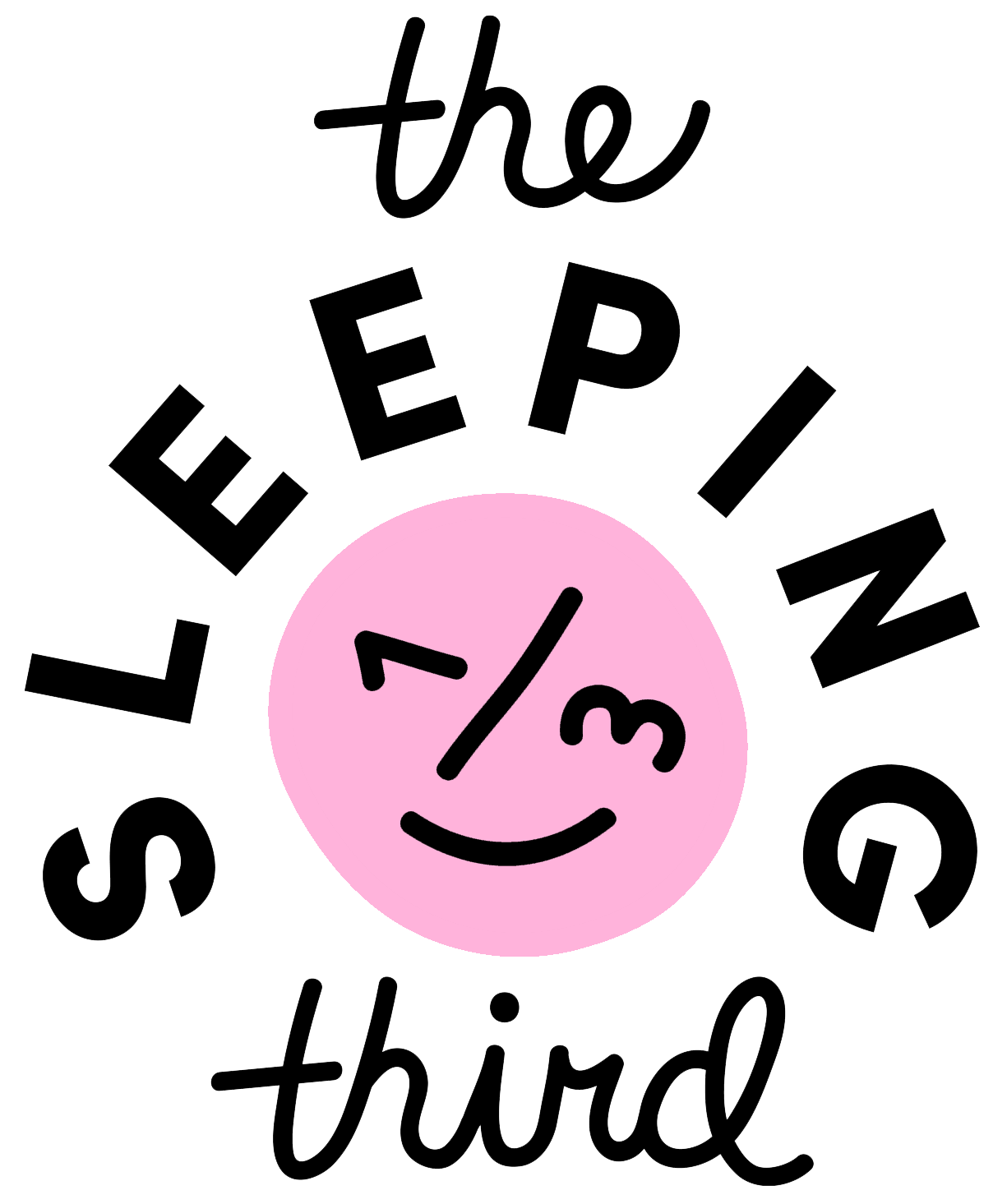A guide to consistent lucid dreaming.
Cultivating a fruitful dream practice is all about consistency. It means showing up to practice every day and putting those practices into place at key moments. Of course, not every day will be a "game day." Your daily practice is what prepares you for when game day arrives. To me, there are two types of game days.
Dream Game Day: When you have focused motivation to achieve specific dreaming goals and intentions for the night.
Life Game Day: When you have a specific life event (planned or unexpected) in which having clarity of thought and "lucid living" is critical to success.
Many new dreamers share the idea that cultivating a consistent dreaming practice is a disruptive way of life - that's it's time-consuming, a lot of work, it's too much to think about, or it's just too hard. This is because new dreamers tend to believe every night is game night. It's all or nothing. Of course, it's much more complex and nuanced.
When you are just starting out, it will seem hard. You're stretching a muscle for the first time. It does take effort, experimentation, and work to get into a rhythm. To learn what works through trial and error. People focus more on the near-sighted goal of having a lucid dream as fast as possible. However, the more important goal is finding your unique rhythm. This means finding the set of things (a recipe, if you will) that work best for your lifestyle.
My recipe is fine-tuned, battle-tested, and hand-crafted to suit my needs and to fit seamlessly into my life. I call this approach the "path of least disruption." If anything you are doing is not sustainable long term, or completely disruptive, stop doing it. Find a different way. These practices must fit neatly into your everyday life. That's the only way it becomes consistent and leads to the ultimate goal of regular lucidity both in dreams and in your life. Find quiet balance in your practice every day, and amp it up on game day (or night).
You will need to find your own individual recipe, and that is where your focus needs to be. Once your recipe is in place, it will become much easier for you over time. It will simply be a part of your life. Here are my top five tips to find your recipe on the "path of least disruption."
Create a dream journal that you'll actually keep up with. If you don't like to write freehand, don't do it. If you can't be bothered to write full dream narratives right when you wake, write some keywords and transcribe them later. Try out different methods and adjust until you love doing it.
Make a habit of reality checking during the day, but not so much that it becomes rote or mindless. Be present and aware when you ask yourself if you are dreaming. I like to do a reality check every time something is "Out of..." - Out of place, out of character, out of sync, out of this world, etc. If you're doing it too frequently, you'll eventually give up on it.
Limit your sleep disruption and prioritize great healthy sleep. Practicing wake back to bed every night, may not be the best for you, especially if you don't have enough time and space to get more than 8 hours of sleep with your dream practice. Your time awake in the middle of the night should be additive to your regular sleep. Experiment with the methods and approaches until you discover your best mix.
Prioritize your specific dream goals and intentions into "game nights." Avoid jamming all your goals into every night. Focus on daily good sleep and dream practice and then focus a few nights a month (or a week-long stretch) on your specific goals.
Take breaks! Just like any sport or skill, take a break to rest and just sleep. Pack up your gear for the night. Meditate and let go of your practice.
Ultimately, a lucid dreaming practice prepares you for the most challenging and rewarding of "Life Game Days" while providing healing, growth, spirituality, and creativity to all of your "Dream Game Days." Spend every day developing small, balanced practices and you will get closer to being prepared for these events. Focus on the long haul with daily practice. Find your recipe, develop a path of least disruption, and just keep it up, like brushing your teeth. The benefits and greatest rewards will come to you naturally in time.
Wishing you the very best on your unique dreaming journey.
zzxo,
Allison✨






